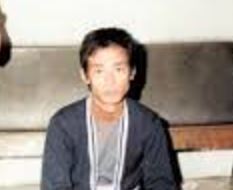
1949 - 1976
Kim Dae-doo
Summary
Name:
Years Active:
1975Birth:
November 17, 1949Status:
DeceasedClass:
Serial KillerVictims:
18Method:
Suffocation / BeatingDeath:
December 28, 1976Nationality:
South Korea
1949 - 1976
Kim Dae-doo
Summary: Serial Killer
Name:
Kim Dae-dooStatus:
DeceasedVictims:
18Method:
Suffocation / BeatingNationality:
South KoreaBirth:
November 17, 1949Death:
December 28, 1976Years Active:
1975bio
Kim Dae-doo was born on November 17, 1949, in Yeongam County, South Jeolla, South Korea. He was the eldest in a family of three sons and four daughters. His family was poor, and his parents had big dreams for him. They wanted him to go to a top middle school in a large city and hoped he would study abroad one day. Unfortunately, Kim could not pass his entrance exams for the desired school. He also did not have special skills that would help him get a good job. This failure made him feel inferior and led him to commit minor crimes.
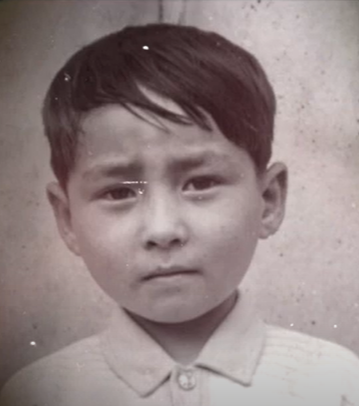
As a young man, Kim started engaging in petty crime. He faced legal troubles and was eventually imprisoned for assault and tampering with evidence. After getting out of prison, he tried to find work as a factory worker. However, people treated him differently because he was an ex-convict. This rejection made him bitter toward society, which he felt had not given him a fair chance.
murder story
On August 13, 1975, Kim Dae-doo broke into the home of an elderly couple in Gwangju. During the burglary, he killed the man and seriously injured his wife. After escaping, Kim traveled to Suncheon on a train. There, he met Kim Hoe-woon, another ex-convict, who agreed to help him with future crimes.
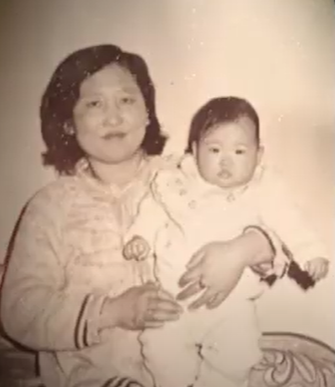
Six days later, they entered a shop in Mongtan, Muan County. They killed the elderly couple who owned the shop and their 7-year-old grandson. After the murders, they planned to rob a house in Seoul but later separated. Kim continued his attacks alone. On September 7, he entered a home in Seoul’s Jungnang District and killed a 60-year-old man.
On September 25, Kim traveled to the countryside near Pyeongtaek. He broke into a house where an elderly woman lived with her three grandchildren. He attacked the woman and two boys, aged 5 and 7, with a meat cleaver. He then dragged the 11-year-old girl outside and attempted to sexually assault her. When he failed, he tied her up to a tree, leading to her suffocation.
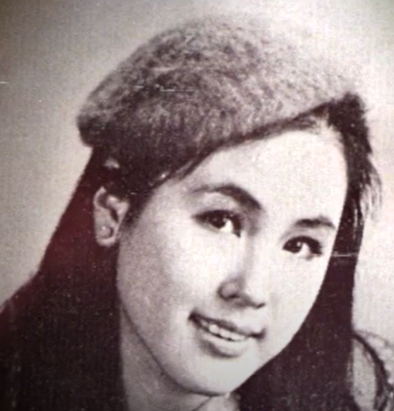
On September 27, Kim attacked another family in Guri. He killed a young couple and their 3-year-old child while also injuring two others. Three days later, in Gunpo, he raped and murdered a mother and brutally killed her 3-month-old baby.
On October 2, he killed another young couple in Suwon. The next day, he tried to murder a caddy at a golf course, but the caddy survived. Kim returned to Seoul and tried to recruit another ex-convict. This person stole Kim's belongings and attempted to flee, but Kim caught up with him and killed him, stealing his jeans.
Kim was eventually arrested on October 5. He went to a laundromat to clean the jeans covered in blood. When asked about the blood, he claimed it was from a fight. The laundromat owner contacted the police, who arrested Kim. At the police station, he initially maintained his story but later changed it, claiming he had been attacked by gangsters. Detectives found this untrue as all gangsters denied knowing him. Finally, Kim confessed to his crimes and named his accomplice, Kim Hoe-woon, who was arrested shortly after.
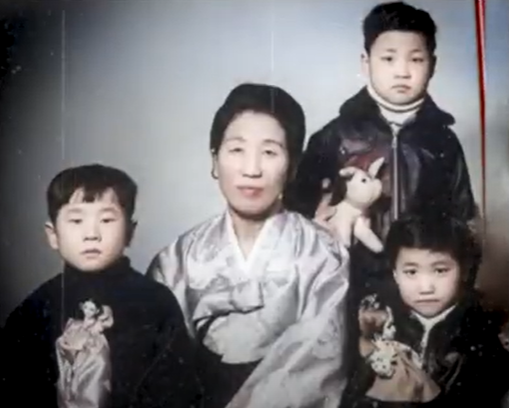
Kim was ordered to demonstrate during investigations how he committed the murders. He reportedly acted arrogantly during the procedures. The police noted that he often targeted isolated and impoverished homes. In total, he stole 26,800 won from his victims.
During the initial trial, both Kim and his accomplice were convicted of multiple charges, including murder, rape, and robbery, and sentenced to death. However, Kim Hoe-woon's sentence was reduced to life imprisonment after it was determined he had only participated in one crime under duress.
While awaiting execution, Kim converted to Christianity and expressed remorse for his actions. On December 28, 1976, he was executed by hanging at Seodaemun Prison in Seoul. Before his execution, he left a will urging the justice system to keep minor offenders apart from serious criminals to prevent them from learning how to commit more crimes.